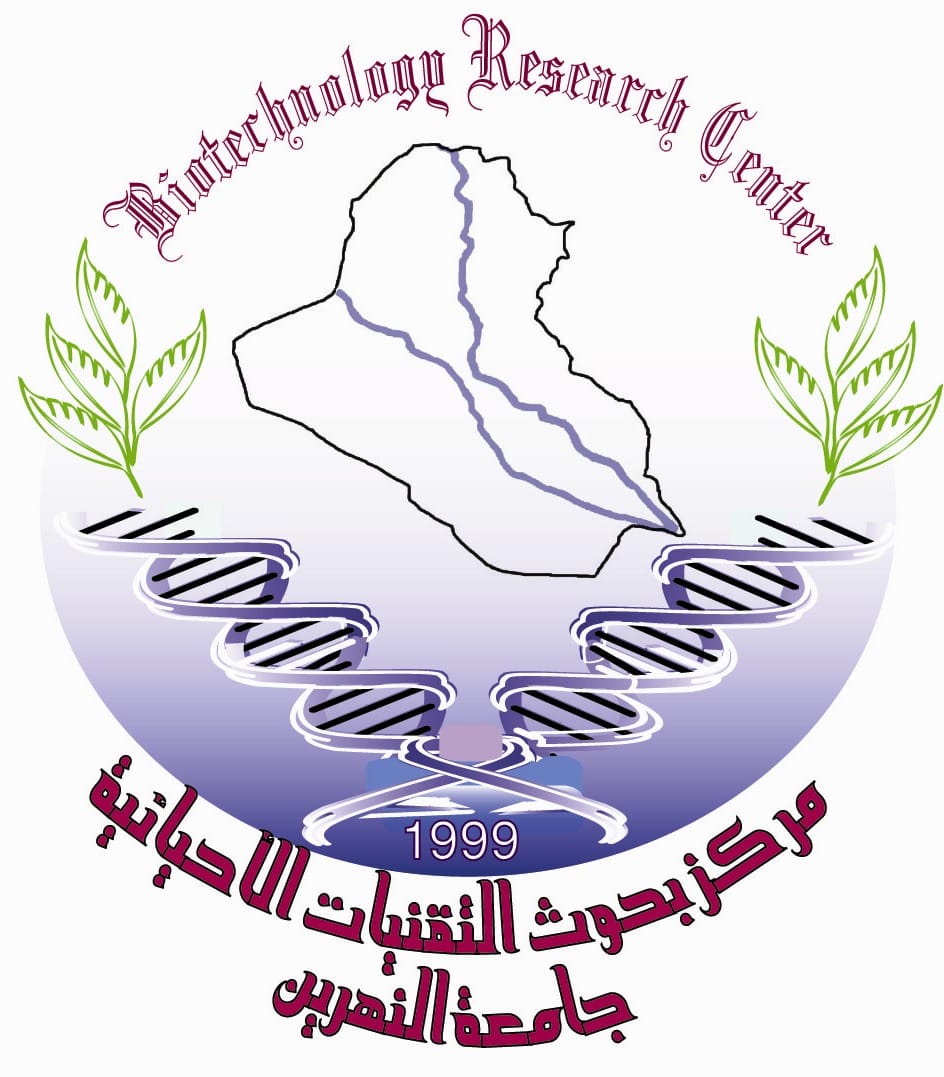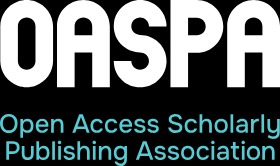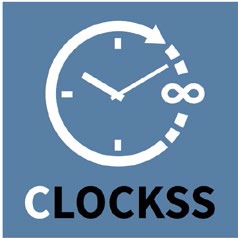Journal publication ethics Policy
Journal Policies and Ethics
Ethical policy for journals
The ethical policy of World Scientific Publishing journals follows the Committee on Publication Ethics (COPE).
Authors must be honest in presenting their results and conclusions of their research. Research misconduct is harmful for knowledge. It could mislead other researchers.
Research results
Fabrication, falsification or selective reporting of data with the intent to mislead or deceive is unethical, as is the theft of data or research results from others. The results of research should be recorded and maintained to allow for analysis and review. Following publication, the data should be retained for a reasonable period and made available upon request. Exceptions may be appropriate in certain circumstances in order to preserve privacy, to assure patent protection, or for similar reasons.
Authorship
All those who have made a significant contribution should be given chance to be cited as authors. Other individuals who have contributed to the work should be acknowledged. Articles should include a full list of the current institutional affiliations of all authors, both academic and corporate.
Competing interests
All authors, referees and editors must declare any conflicting or competing interests relating to a given article. Competing interests through their potential influence on behavior or content or perception may undermine the objectivity, integrity or perceived value of publication.
Peer Review
To maintain a high-quality publication, all submissions undergo a rigorous review process. Characteristics of the peer review process.
Plagiarism
Reproducing text from other papers without properly crediting the source (plagiarism) or producing many papers with almost the same content by the same authors (self-plagiarism) is not acceptable.
Duplicate submission
Simultaneous submissions of the same manuscript to different journals will not be tolerated. The submitted article will be removed without consideration.
Corrections and retractions
All authors have an obligation to inform and cooperate with journal editors to provide prompt retractions or correction of errors in published works.
Data Sharing
We encourage authors to share the data in their research provided the data sharing conforms to relevant privacy regulations imposed by the studies. Authors are also encouraged to cite data and provide a data availability statement to confirm the presence or absence of shared data.
Human and Animal Rights
If the work involves the use of human subjects, the author should ensure that the work described has been carried out in accordance with The Code of Ethics of the World Medical Association (Declaration of Helsinki) for experiments involving humans; Uniform Requirements for manuscripts submitted to Biomedical journals.
Review Board Approval (for human and animal studies)
All authors should seek approval to conduct research from an independent local, regional, or national review body (eg. Ethics committee, institutional review board). Approval by a responsible review body does not preclude Editors from forming their own judgement whether the conduct of the research was appropriate.
Clinical Trial Results
In line with the position of the International Committee of Medical Journal Editors, the journal will not consider results posted in the same clinical trials registry in which primary registration resides to be prior publication if the results posted are presented in the form of a brief structured (less than 500 words) abstract or table.










